Link to PDF A Different Light – 19 October 2019- Diversity Rulz OK!
When I was asked to be a speaker at a conference months ago, I was blasé in my response. “Yeah, sure”, I replied. A couple of months later the reality hit home when I received a brochure about the conference with my name on the agenda along with the topic of the item that related to me. The heading was “Panel Discussion: what does a great life with a disability look like – and how can we enable people to live it?”
A broad topic to say the least. I contacted one of the conference organisers to get some more detail. I didn’t get very far, in fact he turned it back on to me. “Send me any ideas you have” he said. Hmmm!
I had never been part of a panel discussion before. Normally when one speaks at an event one can prepare a speech or a presentation, practice it, then deliver it on the day. Job done! But this sounded far more fluid and unprecedentedly organic. I went to the fountain of Knowledge, the bottomless oracle, Google, and searched, ‘how to prepare for panel discussion’. Lo and behold the most common and recurring advice was to talk to the moderator and get as much detail as possible. Great I thought. I am not even sure if we will have a moderator on the day. Another helpful tip Google gave me was to be equipped with stories. I started to reflect on my own life and what was great. I quickly realised that what is great changes over time. I decimalised my own life story into ten year chunks. It went something like this. In my pre-teens a great life was going to a friend’s place to play, with the pinnacle being a sleep over. In my teen years it was all about being one of the cool kids and going to parties. The parties started off wholesome but over the years of my teens they were the antithesis of wholesomeness, but still I thought it was all great. Towards the end of my teens the focus became leaving home and going to university. In my 20’s it was meeting my partner, moving in together and then having our first child, in rapid succession. In my 30’s it was about getting a job (before that I was a stay at home dad, looking after kids). In my 40’s a great deal of time was spent on progressing my career. Now in my 50’s pleasure is derived from playing with my granddaughter and time with the family.
The next part of my panel preparation was thinking about how all those things came to fruition. I came up the concept of people around me, being open to see me as an equal, having a genuine motivation to be involved and a creative and driven approach to making things happen.
When the great panel day arrived, I learned who the three other panelist were. Huhana Hicky who is a wheel chair user, a lawyer, an academic and a veteran disability activist / advocate, Jonathan Mosen CEO of Workbridge, a nationwide organisation dedicated to the employment of disabled people, with lived experience of disability, having been totally blind from birth and now also hearing impaired, and Marsha Marshall CEO Manawanui, another nationwide Disability Organisation who administered Individualised Funding a scheme where disabled people have their own budgets to hire people they need to support them, (Marsha wasn’t disabled).
Huhana was the ring leader of the panel and introduced the topic and handed it over to Marsha. She talked about the importance of disability support organisations, giving disabled people authentic choices and control and that if people were only given a small range of options, they don’t have true freedom of choice. Without the freedom of choice, organisations were coming from a paternalistic angle. Huhana then asked Jonathan what his take was. When I heard the name Jonathan, I launched into my narrative. Luckily my microphone was turned off! Jonathan talked about the importance of giving disabled people the opportunity to try and fail and learn from their mistakes. He also talked about technology being a mitigating factor of the lives of disabled people.
I then got my turn and was able to use the narrative I had prepared. Huhana then went on to talk about overcoming adversities in her life as a disabled person, that self-direction was a human right and that when support organisations get it wrong, it’s as though their services did not exist. Huhana and I then managed to digress somewhat about the joy grandchildren brought to us.
At the time, being up on stage, I felt like our different dialogues were disjointed and there was no common theme coming through. However on reflection, given the broad title of the discussion “what does a great life with a disability look like – and how can we enable people to live it?”, the range of different topics and experiences that were discussed was appropriate. One size doesn’t fit all and if we were all talking about the same concept, it would have been a fairly dull 40 minutes. Once again, Diversity Rulz OK!
Jonny Wilkinson is the CEO of Tiaho Trust – Disability A Matter of Perception. A Whangarei based disability advocacy organisation.
